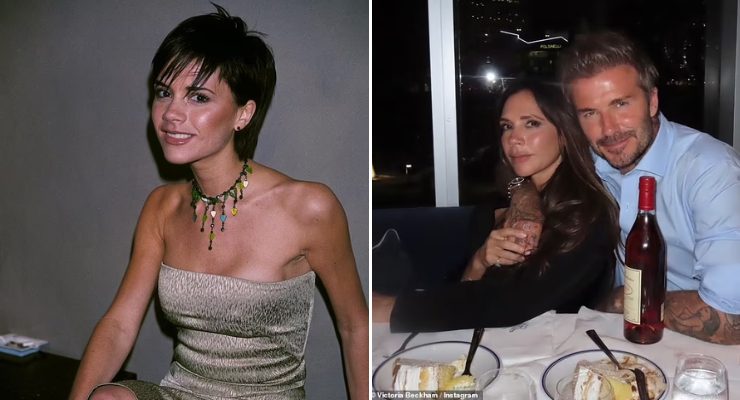Paris Hilton has addressed her history of making racist, homophobic, and antisemitic remarks in her autobiography, “Paris: The Memoir.”
Since she became a public figure 20 years ago with the release of the reality show, “The Simple Life,” in 2003, Hilton has been repeatedly called out for making offensive remarks against minorities.
As recently as 2012, RadarOnline obtained an audio recording of the hotel heiress making anti-gay comments during a taxi ride, for which she later apologized.
In her memoir, released on Tuesday, the 42-year-old businesswoman wrote that after spending some of her teenage years in a series of residential treatment centers, where she said she was physically, mentally, and sexually abused, she had “a severely damaged filter.”

Hilton said that while at Provo Canyon School and other schools, she was forced to take part in attack therapy sessions known as “raps” where “people went for the most obvious target in the ugliest possible language.”
“The N-word. The C-word. The F-word. (Not that F-word, the worse one.) I look back on some of the things I said in the years after I left Provo, in the throes of PTSD, and I’m mortified,” she wrote. “Horrified.”
“I’m grossed out, because that means those creepy people got inside my head. I never really left them behind,” Hilton continued, adding that while she “tried hard to drown it out,” the “roar of the Rap was never far away.”
Paris Hilton with her friend and “The Simple Life” costar, Nicole Richie. Frazer Harrison/Getty Images
“I couldn’t party hard enough, couldn’t drive fast enough, couldn’t crank my music loud enough or vacuum up enough love to make it go away,” she wrote. “Sometimes I fell back on that slay-or-be-slain mentality, and I’m not proud of that. I was fucked up, okay? And I drank a lot. Like, a lot.”
However, the mom-of-one acknowledged: “Saying I drank to dull the pain — that’s an explanation, not an excuse.”
“Sometimes I was just wasted and being a fucking moron,” Hilton wrote. “I don’t remember half the stuff people say I said when I was being a blacked-out idiot, but I’m not denying it.”
“I had a severely damaged filter — except when I was buzzed and had no filter at all.”
Hilton wrote that the 11 months she spent at residential treatment centers “systematically destroyed” her ability to trust people, meaning that “getting close to anyone made me feel vulnerable and raw.”
“As a result, I said the worst things to and about the people I love most.”
“I’m a genuinely nice person,” she added. “I try to help people whenever I can. I love to lift up my friends and fellow creatives.”
“Paris: The Memoir” by Paris Hilton is out now.








